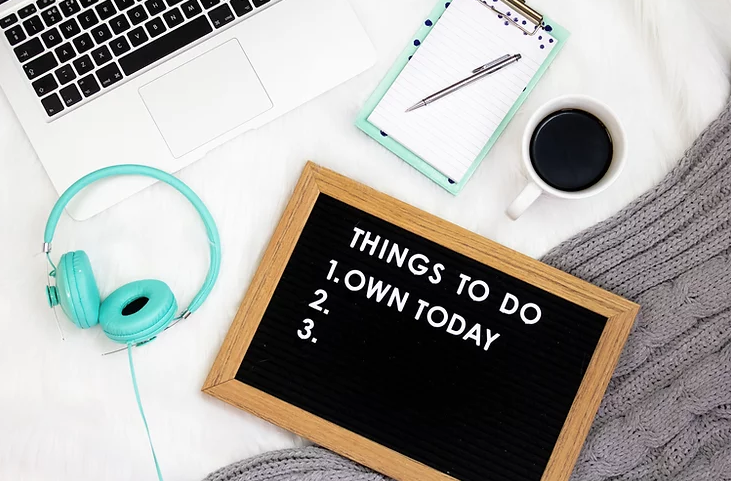Grief & Loss Counselling Melbourne.
People often talk about “processing” when it comes to grief and loss. This means working through your emotions. We accomplish this through counselling that not only helps you deal with the grief that can come on the heels of loss; they also help you move forward through acceptance, letting go, or reframing the loss.
During your one-on-one therapy sessions, your therapist discusses any feelings or emotions you may have and suggests ways to better deal with them in order to restore your life to normal. While there’s nothing that can make up for the loss, how you deal with it moving forward is where therapy is most helpful.
What is Grief or Loss?
Grief is a natural part of life and the human experience. If you have ever lost someone you loved, a family member or a friend, you must have experienced a period of time when you felt sad, lethargic, and depressed.
Maybe you had trouble sleeping, lost your appetite, and did not socialize or enjoyed some things you normally would. These are all very common signs of grief. Even though we normally associate grief with death, you can also experience grief as a result of losing a beloved pet, losing a job, getting seriously ill, or getting divorced.
Grief & Loss Counselling can help you to find:

You will have the confidence that whatever happens, you will be able to handle it, reach your full potential, and become the person you have always wanted to be.

Clarity can help you tackle the obstacles that are holding you back and open up new avenues of discovery and growth.

You will learn constructive ways to manage the issues that life presents, enabling you to cope with turbulent times, and bounce back from hardship and tragedy.

With focus, you can cope with life’s stresses, recognise your abilities, and find the answers you seek.

Empower you to discover personal strengths and capacities so that you are able to take control of your life.

Together, we can make a real difference in how your beliefs, values, and attitudes influence your daily life.
Therapy for Grief & Loss
There is no set timeframe for what is considered a normal grieving time, but if these problems last years, it is safe to say this is going beyond healthy grieving. Losing a loved one, job, or marriage are a few of the situations which could elicit these symptoms. If not treated properly, grief can be detrimental to a person’s functioning and in some cases leave them debilitated. By using these treatments a person can successfully move past the loss and learn to get on with a fully functioning life.
Looking for Grief Counselling in Melbourne? Contact us today!
Grief & Loss Resources
Counsellors and psychologists are both licensed professionals who offer people mental health support. These two healthcare professions are often confused with each other as they overlap in terms of the help they can provide.
Counselling generally refers to short-term treatment while psychologists typically refers to longer-term treatment such as mental health disorders. Counselling can help a person process powerful emotions such as grief or anger, deal with immediate causes of stress and anxiety, clarify values and identify options when making important personal or professional decisions, manage conflicts within relationships, develop better interpersonal and communication skills, or intentionally change unproductive thoughts and behaviours.
Counsellors can confidentially listen to, empathise and talk with you about the following issues and problems;
- Relationship Conflicts
- Life transitions such as the Birth of a New Baby, Separation, Divorce
- Parenting
- Anger Management
- Domestic Violence
- Battling Addictions
- Dealing with Loss and Bereavement
- Resolving Work-related Issues
- Overcoming Depression, Stress and Anxiety
- Eating Concerns / Self-Esteem / Body Image
- Resolving Family and Relationship Issues
- Increasing Self-confidence and Self-esteem
- Recovering from Trauma
- Spirituality
- Suicidality
Our mission is to make counselling affordable for all people, so we use Calendly and Stripe to keep costs low for you. Data that passes through Calendly is encrypted, both in transit and at rest. All connections from the browser to the Calendly platform are encrypted in transit using TLS SHA-256 with RSA Encryption. Stripe is the most stringent level of certification available in the payments industry. To accomplish this, Stripe uses the best-in-class security tools and practices to maintain a high level of security.
Yes, it is common for people to experience some initial nervousness. My Practice always endeavours to provide a warm and understanding environment in which to help people feel more comfortable.
Generally, counselling typically involves a few weeks of relatively intensive treatment (usually 1 appointment per week), followed by as many maintenance sessions as you and your counsellor feel is appropriate (usually fortnightly or monthly).
There is no need to prepare anything specific prior to your initial appointment. It can however be helpful to think about what you might want to talk about in the sessions. If you have areas you would like to target, think about describing these. If you have goals for improvement (in your relationships, work, or self-esteem, for example), bring them to your first session, as well as any obvious obstacles or barriers you are aware of.








